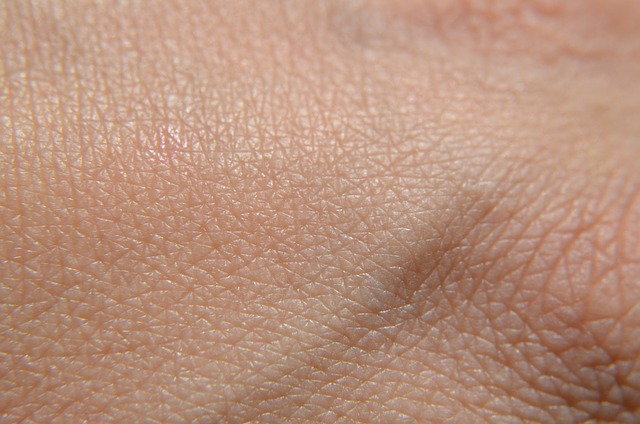Survivors of alleged misconduct at Lakeland Behavioral Health face complex challenges. Understanding legal rights and resources is crucial for seeking justice and healing. Legal aid organizations offer support, guiding survivors through systems to access therapy and compensation for harm suffered. By addressing past abuse, victims can find solace and rebuild their lives, with legal action empowering positive change.
Many survivors of abuse at Lakeland Behavioral Health may feel lost, scared, or unsure of where to turn. This guide is designed to offer clarity and hope. We’ll explore the intricacies of Lakeland Behavioral Health Abuse, helping you understand your rights and navigate the legal system. From identifying forms of abuse within the facility to seeking justice, this article outlines crucial steps for survivors to heal and find closure. By understanding your options, you can take the first step towards recovery.
- Understanding Lakeland Behavioral Health Abuse
- Navigating Legal Options for Survivors
- Seeking Justice and Healing After Abuse
Understanding Lakeland Behavioral Health Abuse

Lakeland Behavioral Health, like many institutions providing mental health services, has faced scrutiny for potential instances of abuse within its care facilities. Understanding the nature and extent of this Lakeland Behavioral Health Abuse is crucial for survivors seeking justice and closure. This can include a range of issues such as physical harm, emotional trauma, or neglect resulting from inadequate treatment.
Survivors may have experienced these abuses at various stages of their stay, from initial assessment to discharge. Recognizing the signs of such abuse—be it through unusual behavior changes, new fears, or lingering distress—is essential for both survivors and support networks. Understanding the dynamics and identifying patterns can facilitate reporting and ensure that those affected receive the necessary legal aid and support to heal and rebuild their lives.
Navigating Legal Options for Survivors

Navigating legal options can be a daunting task, especially for those who have experienced trauma and abuse like survivors of Lakeland Behavioral Health’s alleged misconduct. The first step is to understand the available resources and rights. Many states have laws protecting victims of abuse, ensuring they receive justice and compensation. These laws cover various forms of assistance, from financial aid for medical treatment to legal representation in civil lawsuits against perpetrators or institutions responsible for the abuse.
Surviving Lakeland Behavioral Health abuse may entitle individuals to seek damages through personal injury claims, especially if neglect or malicious actions led to physical or psychological harm. It’s crucial to document all interactions with the facility and gather evidence, such as medical records, to strengthen the case. Legal aid organizations often offer pro bono services or low-cost consultations to help survivors understand their options and take control of their healing journey.
Seeking Justice and Healing After Abuse

After experiencing abuse, survivors in Lakeland often seek both justice and healing. Legal assistance plays a pivotal role in this journey by providing a means to hold perpetrators accountable and ensure justice is served. It empowers survivors to take control and break free from cycles of trauma. This process can be complex, but legal professionals specializing in Lakeland Behavioral Health Abuse understand the nuances and can guide survivors through the system.
Healing begins with safe spaces where survivors feel heard, respected, and supported. Legal help offers this by facilitating access to therapy and counseling services, which are crucial for processing emotions and trauma. By addressing past injustices, survivors can find solace and begin rebuilding their lives. This journey towards recovery is unique for everyone, but legal action can be a powerful catalyst for positive change and personal growth.
For those who have endured Lakeland Behavioral Health Abuse, finding legal support is a vital step towards justice and healing. By understanding their options and navigating the legal landscape, survivors can begin to repair the harm caused by this traumatic experience. The journey may be challenging, but seeking professional guidance empowers individuals to take control and ensure their voices are heard. Together, we can hold accountable those who perpetuate such abuse and create a safer environment for everyone in the future.
